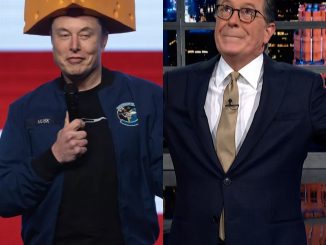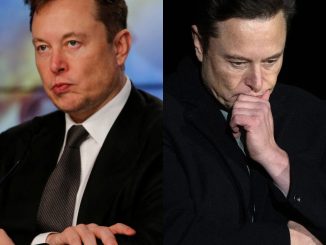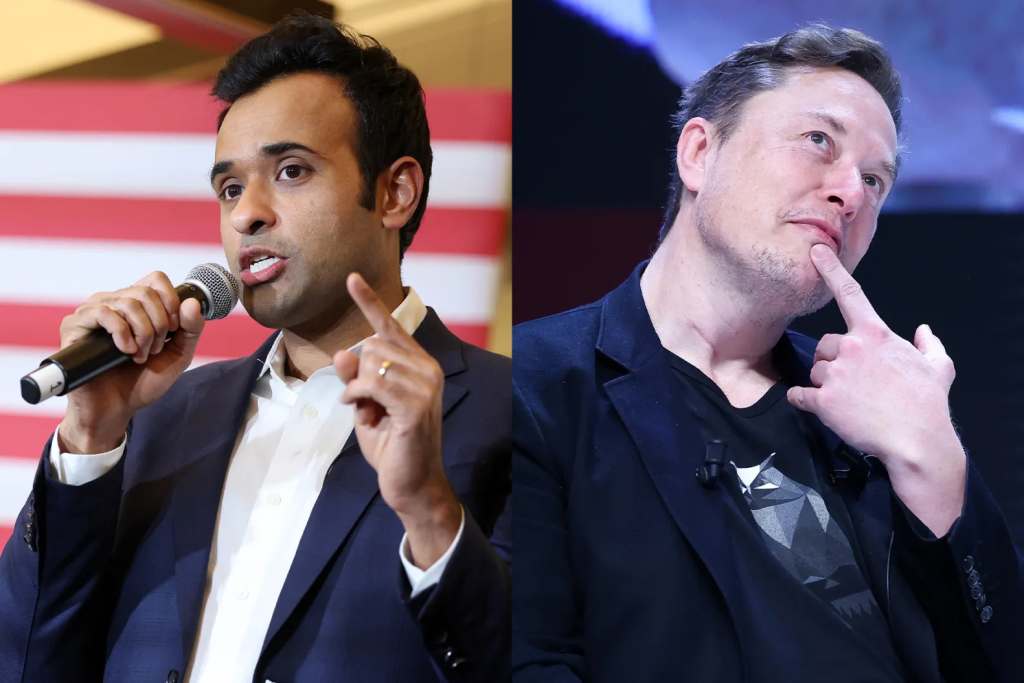
In a statement that has both stunned the financial world and sparked wild speculation across multiple industries, Elon Musk recently declared that the Dogecoin (DOGE) blockchain is poised to save a staggering $150 quadrillion by tackling waste and fraud in various sectors.Musk, who has become synonymous with both high-risk ventures and transformative technological advancements, framed this latest assertion as part of his broader vision to revolutionize not just the cryptocurrency market but also global economic systems and institutions.For those unfamiliar, Dogecoin started as a lighthearted joke in 2013, but over the years, it has morphed into one of the most popular cryptocurrencies, with Musk’s public support playing a pivotal role in its growth.While many saw Dogecoin as little more than a speculative asset with no tangible purpose, Musk has consistently advocated for its potential as a force for good, claiming that it could become a key driver of change in reducing inefficiencies within existing financial systems.In this article, we will explore the implications of Musk’s bold statement, analyzing how Dogecoin could theoretically save such an astronomical sum, and what this might mean for the future of cryptocurrency, financial systems, and even the global economy.Musk’s vision of tackling inefficiencies and cutting fraud has the potential to revolutionize many industries, but how realistic is it? We will examine the possibilities, challenges, and likely outcomes of such a bold claim.Dogecoin was initially created in December 2013 by software engineers Billy Markus and Jackson Palmer. Inspired by the popular “Doge” meme featuring a Shiba Inu dog, the coin was intended as a lighthearted and fun alternative to Bitcoin.At the time, there was little indication that Dogecoin would evolve into anything significant. However, thanks to a series of viral moments and Musk’s growing affinity for the coin, Dogecoin steadily gained attention, attracting a dedicated following.For many years, Dogecoin was considered a “meme coin” with little practical application. Yet, over time, its community grew larger and stronger, and the coin began to find utility in areas such as tipping, online charity events, and microtransactions.
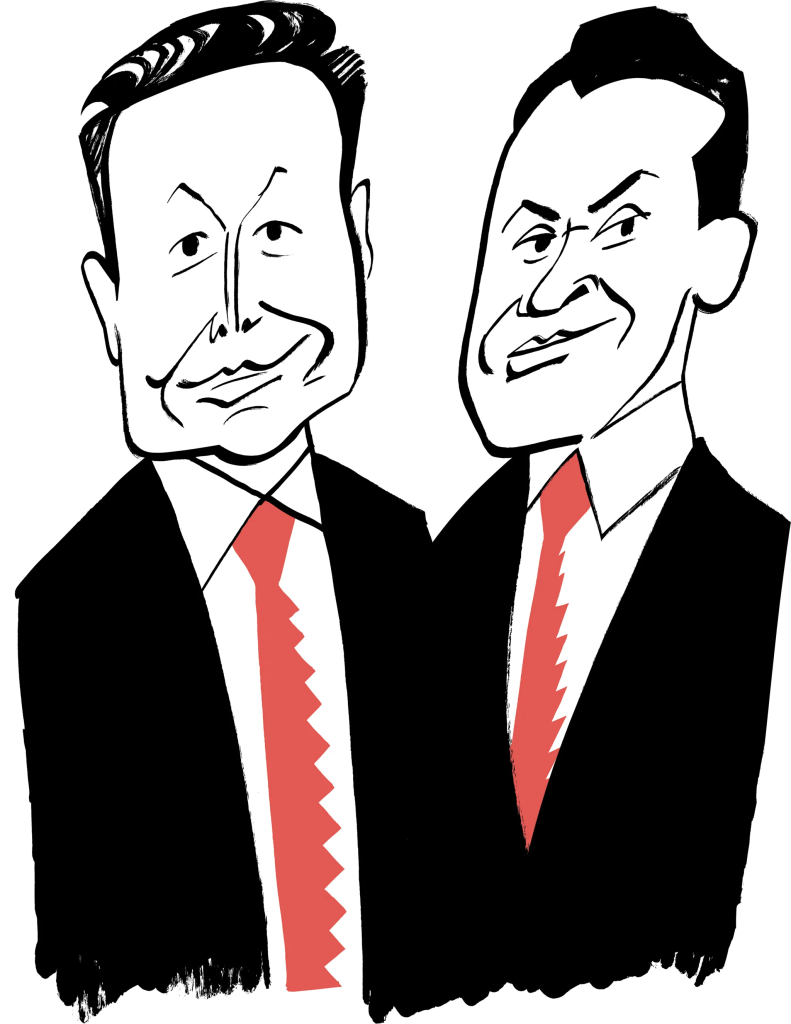
Musk’s frequent tweets about Dogecoin and his public endorsement played a major role in driving interest and investment in the cryptocurrency. In 2021, Dogecoin’s market capitalization surged, prompting many to reconsider its potential for long-term value.In 2022, Musk acquired Twitter, further deepening his ties to cryptocurrency and advancing his vision of a decentralized future for finance and communication.Musk began to explore how blockchain technology could be leveraged to eliminate waste, fraud, and inefficiency in a range of industries. This is where his most recent statement about Dogecoin comes into play.Musk’s claim that Dogecoin could save $150 quadrillion by reducing waste and fraud may initially seem outlandish. However, his underlying logic taps into a central problem within global financial systems: inefficiency.Traditional financial infrastructure is riddled with redundant intermediaries, bloated processes, and archaic systems that often result in significant waste and opportunities for fraud. Musk believes that Dogecoin, with its low transaction fees, fast processing speeds, and decentralized structure, can help tackle these inefficiencies.According to Musk, the primary areas where Dogecoin could reduce waste and fraud are as follows:Cross-Border Transactions: Traditional financial systems, particularly for international payments, are often slow and expensive. Banks and other financial institutions charge hefty fees for processing cross-border payments, and the process can take several days, if not longer. Musk has argued that blockchain-based systems like Dogecoin could eliminate intermediaries, streamline the process, and reduce transaction costs, thus saving businesses and individuals billions of dollars annually.Supply Chain Transparency: In industries like manufacturing and retail, inefficiencies and fraud are prevalent in supply chains. Companies often face difficulties tracking goods, verifying their authenticity, and ensuring that no fraudulent activity occurs along the way. With Dogecoin’s underlying blockchain technology, Musk envisions a system where every step in the supply chain can be securely tracked, reducing the chances for fraud and improving transparency.Public Sector Waste and Fraud: Governments worldwide are burdened with wasteful spending and fraudulent activity, whether it be through mismanagement of funds, corruption, or inefficient bureaucracy. Musk has hinted that blockchain technology could be used to track government spending, provide accountability, and ensure that public funds are being used effectively.
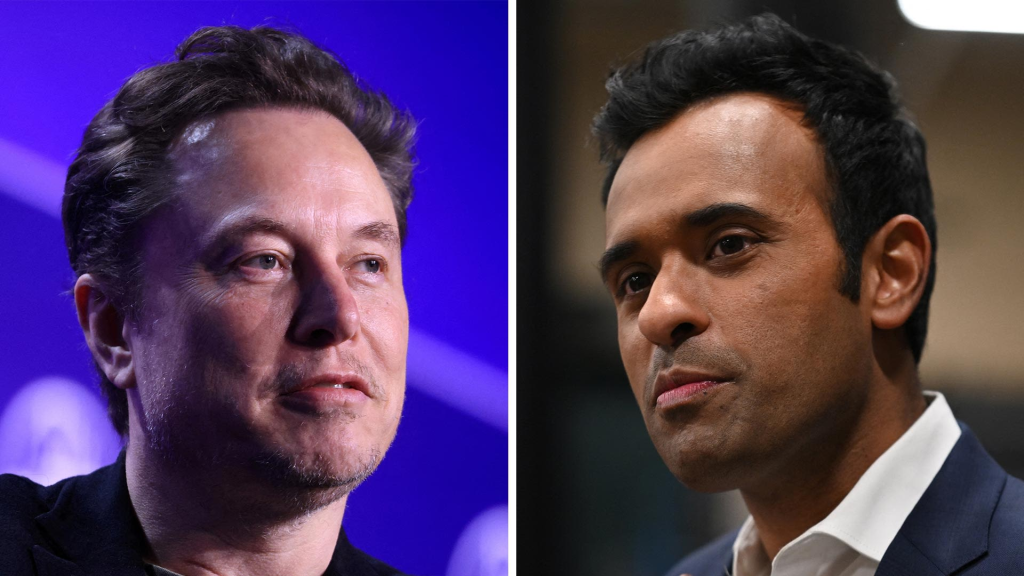
By implementing Dogecoin or similar blockchain-based systems, Musk believes that governments could save trillions of dollars that are currently lost to inefficiency and fraud.Financial Inclusion: A significant portion of the global population remains unbanked or underbanked, with limited access to traditional financial services. Musk has long championed financial inclusion, arguing that blockchain-based cryptocurrencies could provide people in developing nations with access to banking and financial services without the need for costly intermediaries. By reducing the barriers to entry for financial systems, Dogecoin could potentially unlock new economic opportunities for millions of people.Decentralized Governance and Voting: One of Musk’s more visionary proposals is using Dogecoin to streamline and decentralize governance. By using blockchain technology to facilitate secure, transparent, and verifiable voting systems, Musk believes that Dogecoin could play a pivotal role in eliminating election fraud, reducing political corruption, and ensuring that democratic processes are more efficient and accountable.Musk’s claim of saving $150 quadrillion by reducing waste and fraud is undeniably bold. To understand this figure, we need to break it down into its components. Global GDP is estimated at approximately $100 trillion, so Musk’s figure exceeds the entire world economy by a mind-boggling factor. How could a cryptocurrency like Dogecoin save such an astronomical sum?To answer this, we must look at the systemic inefficiencies in the world’s current financial and economic infrastructure. According to various estimates, waste, fraud, and inefficiencies in global systems—including government spending, financial transactions, supply chains, and the legal system—cost the world trillions of dollars each year.For example, the United Nations has estimated that corruption alone costs the global economy around $2.6 trillion annually. Meanwhile, inefficiencies in supply chains, wasteful government spending, and fraudulent activities in various industries add up to trillions more.Musk’s vision hinges on Dogecoin and blockchain technology’s ability to replace these inefficiencies with faster, cheaper, and more secure alternatives. The reduction of even a small percentage of this waste, if it were applied across the entire global economy, could theoretically amount to trillions of dollars in savings.If Dogecoin’s blockchain can revolutionize financial transactions, supply chain tracking, and government spending on a global scale, the savings from those efficiencies could approach Musk’s $150 quadrillion figure.While this might sound wildly optimistic, Musk’s track record of disrupting industries, combined with the rapid growth of blockchain technology, makes his claim worthy of consideration.For Musk’s vision to become a reality, significant advancements in Dogecoin’s technology would be required. Currently, Dogecoin is known for its relatively low transaction costs and fast speeds, which make it a promising candidate for microtransactions and day-to-day use.
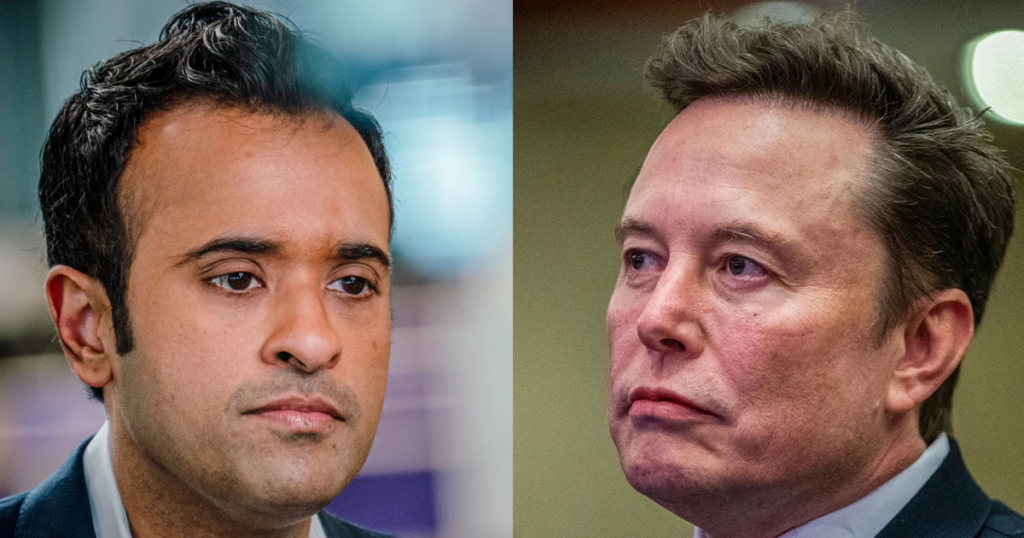
However, there are several hurdles that would need to be overcome before it could scale to the level Musk envisions.Scalability: While Dogecoin’s blockchain is faster than many others, including Bitcoin’s, it still faces scalability challenges. To handle global transactions across multiple industries, the network would need to process an immense number of transactions per second (TPS). Achieving this level of scalability would require improvements in the underlying blockchain infrastructure, including the development of layer-two solutions like the Lightning Network.Security: As with any cryptocurrency, security remains a critical concern. While Dogecoin’s blockchain is currently secure, it must be fortified against future vulnerabilities as it scales to handle billions of transactions in industries like banking, supply chains, and government. A robust security system will be necessary to prevent hacking, fraud, and manipulation, which could otherwise undermine trust in the system.Adoption: For Dogecoin to achieve the savings Musk claims, widespread adoption across industries and governments would be required. Convincing businesses, governments, and individuals to adopt Dogecoin as a standard currency for transactions, savings, and governance would take time and substantial infrastructure investment. While Musk’s influence and Tesla’s global presence give him a strong foothold, convincing the world to transition to a cryptocurrency-based economy is a monumental challenge.Regulatory Hurdles: Cryptocurrencies are still subject to a patchwork of regulatory frameworks around the world. Governments and financial institutions remain cautious about the rise of digital currencies, and Dogecoin’s widespread use could encounter regulatory resistance. Musk’s vision would require substantial coordination with governments and financial bodies to create a legal framework that supports the use of Dogecoin while mitigating risks like money laundering and illegal transactions.Musk’s bold claim about Dogecoin’s potential to save $150 quadrillion is more than just a challenge to the cryptocurrency world—it’s a glimpse into the future of finance. As blockchain technology continues to evolve, cryptocurrencies like Dogecoin may one day play a significant role in addressing inefficiencies, reducing fraud, and democratizing access to financial systems.Whether or not Musk’s $150 quadrillion prediction is accurate, the idea of using Dogecoin to revolutionize industries like banking, supply chains, and government services is worth exploring.While there are significant technological and regulatory obstacles ahead, Musk’s call for innovation and his confidence in Dogecoin’s potential could spark the next wave of advancements in the crypto space.As blockchain technology matures and becomes more integrated into global systems, we may one day look back at Musk’s statement as the catalyst for a major shift in the way the world handles money, transactions, and governance.Elon Musk’s claim that Dogecoin could save $150 quadrillion by reducing waste and fraud is undoubtedly ambitious and filled with speculative potential. While the claim may seem far-fetched to some, it speaks to Musk’s vision of a more efficient, transparent, and decentralized global economy.By leveraging Dogecoin’s blockchain technology, Musk hopes to create a financial system that is faster, more secure, and free from the inefficiencies and fraud that plague traditional systems. Whether or not this vision becomes a reality remains to be seen, but one thing is clear—Musk’s influence in the cryptocurrency world is profound, and Dogecoin’s future, like his own, holds the potential to change the world.

